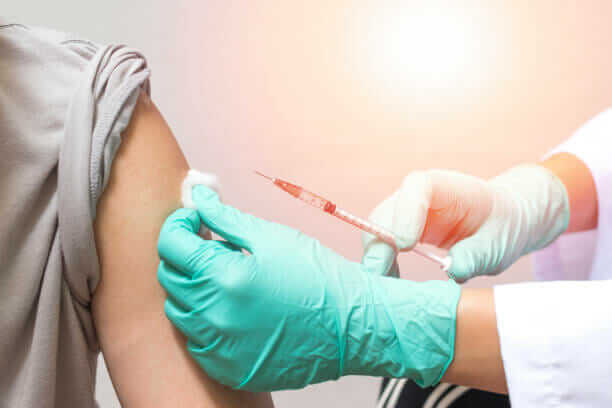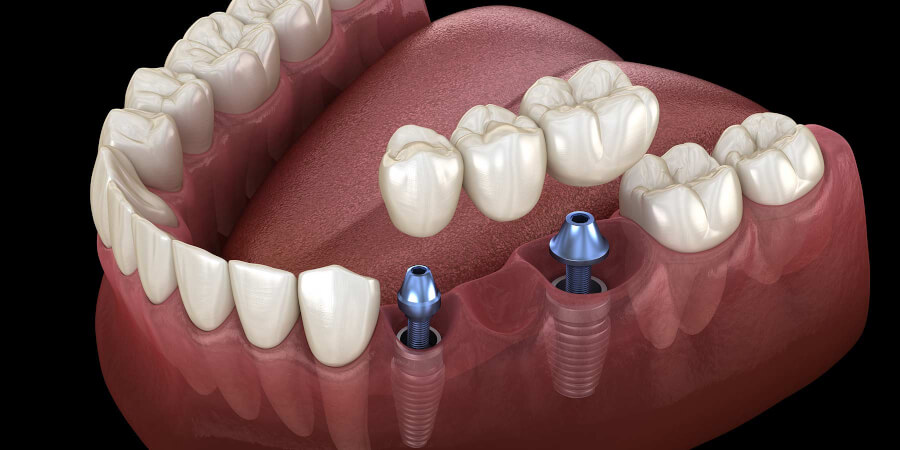Testosterone Replacement Therapy (TRT) is a medical treatment that addresses low testosterone levels, a condition prevalent in aging males. The therapy aims to restore the testosterone levels to their normal range, which in turn helps to alleviate symptoms associated with low testosterone such as fatigue, loss of muscle mass, and mood swings. However, like any other treatment, TRT comes with potential risks and benefits, therefore, a thorough evaluation and discussion with a healthcare provider is essential before starting the therapy.
TRT at Testosterone Replacement Huntsville and Its Positive Effects
TRT exerts a multitude of effects on the body. Primarily, it aims to restore the balance of testosterone, which can result in a significant improvement in certain symptoms.
- Increased energy: Patients typically report a boost in energy and overall vitality. This is due to testosterone’s role in metabolic processes, which contribute to energy production.
- Improved body composition: Testosterone is a key player in muscle development. With TRT, patients may experience increased muscle mass and reduced fat deposition.
- Enhanced mood and cognitive function: Testosterone can influence mood and cognitive abilities. TRT may help alleviate feelings of depression, anxiety, and irritability, and contribute to better memory and concentration.
- Restored libido: Testosterone plays an integral role in male sexual health. TRT can help improve libido and sexual function which often declines with low testosterone levels.
- Bone health: Testosterone is crucial for maintaining bone density. TRT may help prevent osteoporosis or other bone disorders associated with aging.
However, it’s important to note that while TRT can offer these benefits, it also poses potential risks such as blood clots, sleep apnea, and an increase in red blood cells, which could lead to complications. Therefore, a careful evaluation of the risks and benefits is crucial before initiating therapy.
The TRT Process at Testosterone Replacement Huntsville
Preparing for and managing TRT at Testosterone Replacement Huntsville involves a combination of steps to ensure you are well-informed, physically prepared, and able to manage potential changes. Here’s a guide on what to prepare before and after starting TRT:
Before Starting TRT
- Comprehensive Medical Examination: The first step involves a comprehensive medical examination that includes an evaluation of your medical history and physical examination. This is to ascertain your overall health status and determine whether you are a suitable candidate for TRT.
- Hormone Testing: You will undergo blood testing to determine your current testosterone levels. This helps the physician identify whether your symptoms are in fact due to low testosterone and to establish a baseline before treatment begins.
- Discussion of Risks and Benefits: Your healthcare provider will discuss with you the potential risks and benefits of TRT. This includes potential side effects, the expected benefits, and the commitment required for the therapy.
- Fertility Preservation (If Needed) : In some cases, fertility preservation measures may be necessary before starting TRT. This is to prevent potential infertility related to the therapy.
- Personalized Treatment Plan: Based on your testosterone levels, symptoms, and overall health, your healthcare provider will tailor a TRT regimen specific to your needs.
- Lifestyle Modifications: To enhance the effectiveness of TRT and to manage potential side effects, your healthcare provider may recommend lifestyle modifications. These can include changes in diet, exercise, sleep, and stress management.
Remember, the decision to start TRT at Testosterone Replacement Huntsville should be made in consultation with your healthcare provider and after a thorough understanding of the benefits, risks, and management of the therapy.
After Starting TRT
After starting TRT, there are several steps and procedures that need to be followed to ensure the treatment is effective and any potential side effects are managed.
- Regular Monitoring: Regular check-ups and blood tests will be necessary to monitor your testosterone levels and to assess how well you are responding to the treatment. This will allow your healthcare provider to make any necessary adjustments to your treatment plan.
- Management of Side Effects: Some patients may experience side effects from TRT, which can include acne, breast enlargement, and mood swings. It’s important to report any unusual symptoms to your healthcare provider promptly, so that appropriate action can be taken.
- Lifestyle and Dietary Adjustments: Continuing lifestyle and dietary adjustments as recommended by your healthcare provider can help optimize the effects of TRT and manage potential side effects. This may include maintaining a balanced diet, regular exercise, adequate sleep, and effective stress management.
- Follow Up on Fertility (If Applicable): If fertility preservation measures were taken before starting TRT, follow-up appointments will be necessary to monitor fertility status.
- Adherence to Therapy: TRT requires strict adherence to the prescribed dosage and schedule for optimal results. It is crucial not to miss doses, and to take the medication exactly as instructed by your healthcare provider.
- Emotional and Mental Health Support: Adjusting to changes in your body and managing side effects can be challenging. It may be beneficial to seek additional support from mental health professionals or support groups if needed.
Remember, your healthcare provider is there to assist you throughout the course of your treatment. Don’t hesitate to reach out to them if you have any questions or concerns.
Additional Considerations in TRT
While pursuing TRT at Testosterone Replacement Huntsville, several factors need to be considered to ensure the effectiveness and safety of the treatment.
- Patient Age: Age can influence how a patient responds to TRT. Younger patients may experience different effects compared to older patients. Age-related factors such as overall health, existing comorbidities, and life stage (e.g., planning for children) should be considered.
- Co-existing Medical Conditions: Patients with certain pre-existing conditions, such as cardiovascular disease or prostate cancer, need to be monitored closely during TRT. These conditions could potentially be exacerbated by the therapy.
- Medication Interactions: TRT may interact with other medications the patient is taking, potentially affecting their effectiveness or causing adverse reactions. It’s important to share your complete medication list with your healthcare provider.
- Lifestyle Factors: Factors such as smoking, alcohol consumption, and diet can affect the effectiveness of TRT and the patient’s overall health. It may be necessary to adjust these lifestyle factors while undergoing therapy.
- Patient Expectations: It’s essential to have realistic expectations about the outcomes of TRT. Not all symptoms of low testosterone will be resolved, and it may take some time for the benefits of therapy to manifest.
Remember, all these considerations should be thoroughly discussed with your healthcare provider to ensure that TRT is the right choice for you and that it is administered and managed effectively.










